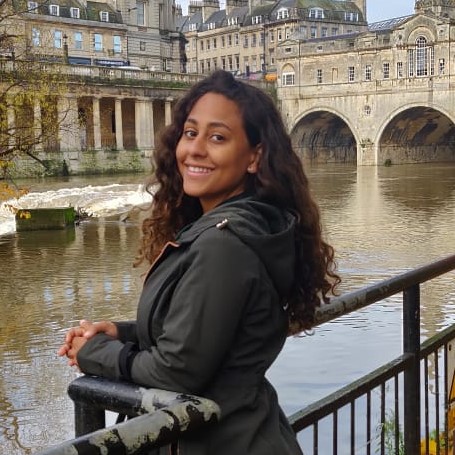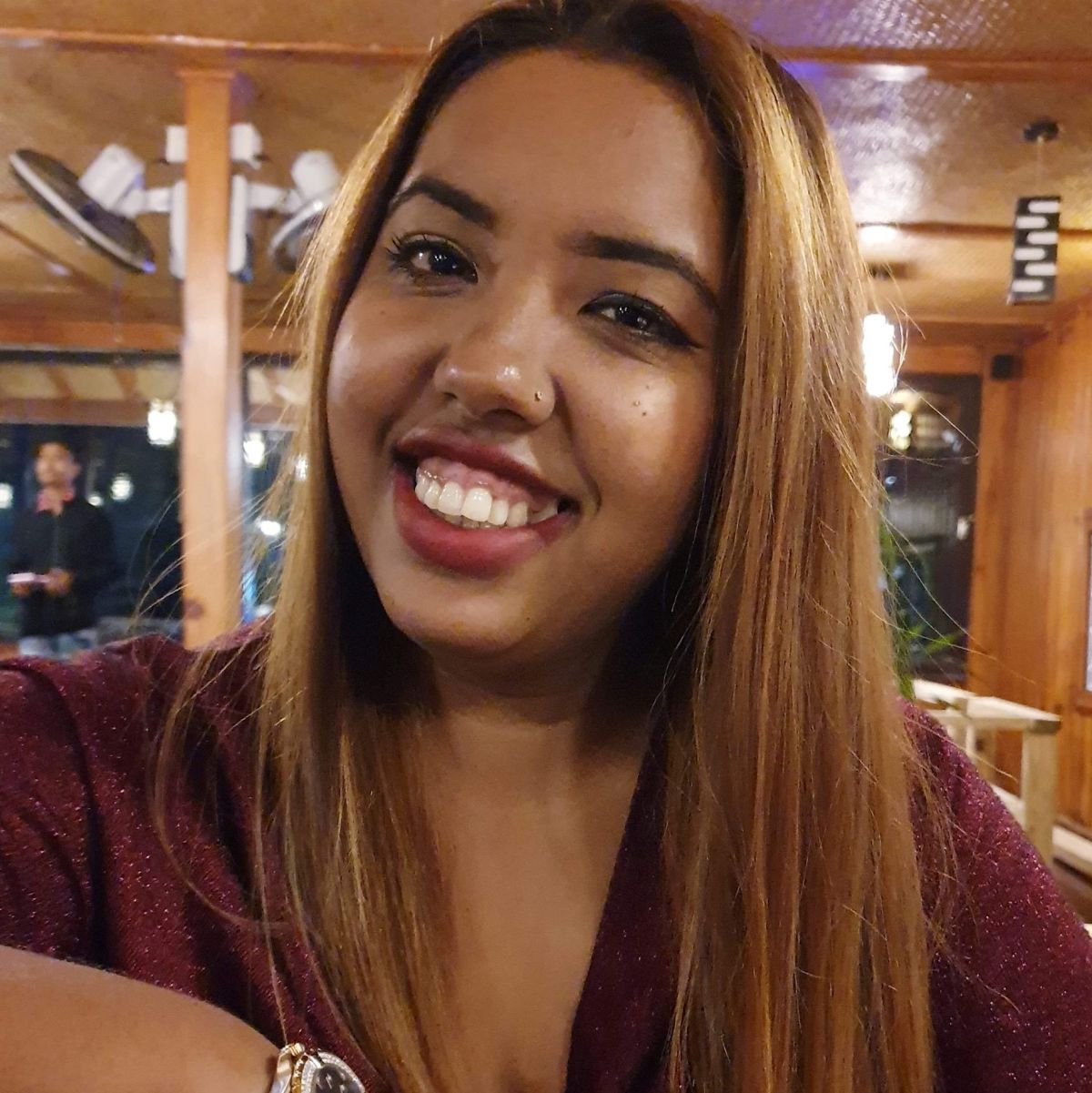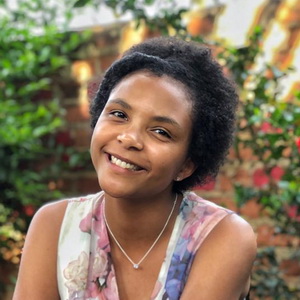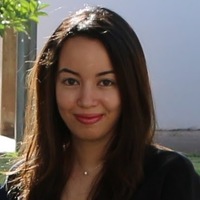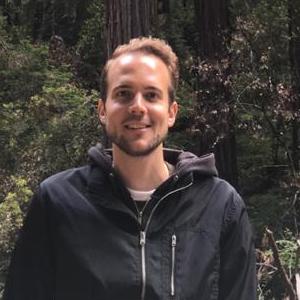Geschlechtsneutrale Toiletten - Ein Sicherer Raum Abgeschaffen?
Diskriminierung, Belästigung und Körperverletzung erfolgt aufgrund unserer Brüste und der Verletzbarkeit unserer Vagina - es ist unser Körper, den sie wollen.
Belize, Central America
Eine Geschichte von Robin Schaffer. Übersetzt von Veronica Burgstaller
Veröffentlicht am February 23, 2020.
Diese Geschichte ist auch verfügbar in 

Eines Tages ging ich auf die Toilette meines Universitätsgebäudes und sah, dass sich die Schilder von Mann“ und Frau“ zu „Geschlechtsneutral“ und „Geschlechtsneutral mit Urinalen“ geändert hatten. Diese Entwicklung ist nicht nur im Vereinigten Königreich zu sehen. In den letzten Jahren wurden Toiletten in vielen Ländern[1] auf geschlechtsneutral und unisex umgestellt. Dies wurde hauptsächlich von der Transgender-Gemeinschaft vorangetrieben, um Belästigungen gegen Menschen entgegenzuwirken, die sich weder mit „männlichen“ noch mit „weiblichen“ Geschlechtern identifizieren.
Anfangs hat es mich nicht gestört. Tatsächlich begrüßte ich die Änderung, bis ich eines Tages zur Toilette ging, um mir einen Tampon zu schnappen, und ich dort einen Mann fand, der sich seine Hände im Waschbecken wusch. Ich war nervös und dachte an jene Fälle zurück, als ich noch ein überentwickeltes 12-jähriges Mädchen in Belize war. Es war für mich deshalb unangenehm, ein Menstruationsprodukt im Badezimmer holen zu müssen, wo sich gleichzeitig ein Mann befand, und es machte mich auch nervös, dass mir dieser sicherer Raum weggenommen wurde.
Mir wurde jedoch gesagt, ich solle diese Gefühl von Unbehagen überwinden, weil diese „Probleme der Entwicklungsländer sind und hier in Großbritannien nicht zutreffen“. Vielleicht bin ich nur überwachsam; Zu Hause lernte ich, lüsternes Verhalten zu erkennen, bevor ich überhaupt alt genug war, dass man mich beim nach Hause gehen mit Gleichaltrigen in meiner Schuluniform auspfiff. Und vielleicht sind meine Anfragen nach einem sicheren weiblichen Raum in England, dieser kleinen Ecke des großen ehemaligen Reiches[2], unvernünftig. Belästigung ist jedoch nach wie vor weit verbreitet, und der Trend, biologisches Geschlechts zugunsten des sozialen Geschlechts zu ignorieren (im Englischen - sex and gender), beispielsweise durch geschlechtsneutrale Toiletten, ist gefährlich[3].
Aufgewachsen in Belize, dachte ich nie daran, das biologische Geschlecht vom Sozialen zu trennen. Die beiden waren durch jahrelange Verstärkung untrennbar miteinander verbunden. Die Absonderung von Männer und Frauen erfolgt im ganzen Leben: getrennte Teams, Badezimmer und Sexualkundeunterricht; Nähen war für Mädchen, Holzarbeiten für Jungen; Wir trugen auch verschiedene Uniformen.
Bei Mädchen wurde die Keuschheit betont, bei Jungen die Männlichkeit. Viele dieser Geschlechterrollen wurden oft biologisch begründet; Frauen können nämlich schwanger werden und sind wehrlos gegen bestimmte Arten von Übergriffen. Wenn Männer sich nicht stark genug geben, können sie sich und ihre Familien nicht schützen.
Diese Dinge habe ich, als ich aufwuchs, nicht bemerkt, denn ich hatte keine Alternative zu dieser Weltanschauung. Erst als ich vor sieben Jahren aus Belize zog, wurde mein Verständnis von biologischem und sozialem Geschlecht in Frage gestellt.
In Belize kannte ich ein Mädchen, das von einem beliebten Klassenkameraden unter Drogen gesetzt und vergewaltigt wurde. Sie beschuldigte sich selbst, in diese Situation geraten zu sein, als leicht zu habendes Mädchen zu wirken, zu trinken, das zu tragen, was sie trug. Sie vergrub es tief im Inneren und lächelte in der folgenden Woche ihren Angreifer an, um nicht unhöflich zu wirken. Sie hat den Vorfall nicht gemeldet. Ich kannte eine Frau, die am helllichten Tag vaginal, anal und oral vergewaltigt wurde, und ihre Familie beschuldigte ihren Minirock und die Tageszeit, zu der sie ausging. Sie hat den Vorfall nicht gemeldet.
Ja, das sind Dinge, die in Belize passiert sind, aber dies sind nicht nur Probleme der Entwicklungsländer. Das sind Probleme, die Frauen weltweit konfrontieren[4], und diese biologischen Unterschiede nicht anzuerkennen und sich darauf vorzubereiten, ist für mich unverständlich. Denn Diskriminierung, Belästigung und Körperverletzung erfolgt aufgrund unserer Brüste und der Verletzbarkeit unserer Vagina - es ist unser Körper, den sie wollen.
Ich denke, wir sollten daher bei Entwicklungen, wie bei der Einführung geschlechtsneutraler Räume, sehr vorsichtig sein und anerkennen, dass die Frauentoilette leider für viele Frauen oft immer noch der sichere Raum ist.
Fußnoten
[1] https://en.wikipedia.org/wiki/Unisex_public_toilet
[2] Belize war von 1862 bis 1964 eine britische Kronkolonie und erlangte 1981 die volle Unabhängigkeit.
[3] Biologisches Geschlecht (sex) ist eine von zwei Hauptgruppen, in die Menschen aufgrund ihrer biologischen Eigenschaften eingeteilt werden, während sich soziales Geschlecht (gender) auf die Rollen und Verhaltensweisen bezieht
[4] https://www.one.org/us/blog/7-barriers-to-girls-education-you-need-to-know/
Was macht diese Geschichte mit dir?
Follow-up
Do you have any questions after reading this story? Do you want to follow-up on what you've just read? Get in touch with our team to learn more! Send an email to [email protected].
Unterhalte Dich über diese Geschichte
Please enable cookies to view the comments powered by Disqus.
Subscribe
Melde Dich an für unseren monatlichen Newsletter und bleibe up-to-date mit neuen Geschichten auf Correspondents of the World.
Mehr Geschichten auf Deutsch
Tags
Erkunde andere Themen
Mach mit
At Correspondents of the World, we want to contribute to a better understanding of one another in a world that seems to get smaller by the day - but somehow neglects to bring people closer together as well. We think that one of the most frequent reasons for misunderstanding and unnecessarily heated debates is that we don't really understand how each of us is affected differently by global issues.
Unser Ziel ist es, dies zu verbessern - und zwar mit jeder Geschichte, die wir teilen.
Community Weltweit
Correspondents of the World is not just this website, but also a great community of people from all over the world. While face-to-face meetings are difficult at the moment, our Facebook Community Group is THE place to be to meet other people invested in Correspondents of the World. We are currently running a series of online-tea talks to get to know each other better.











